When we talk about the culture industry, we mean how culture—like movies, music, and art—becomes part of a large system of production and profit. The philosophers Theodor Adorno and Max Horkheimer first used this idea to describe how culture in modern society is made and sold like factory products rather than created freely for art’s sake (Adorno & Horkheimer, 2002). Instead of being made only for expression, culture becomes something to be consumed by large audiences. A great example of this process is Marvel, one of the most successful entertainment companies in the world.
From Comic Books to a Global Brand
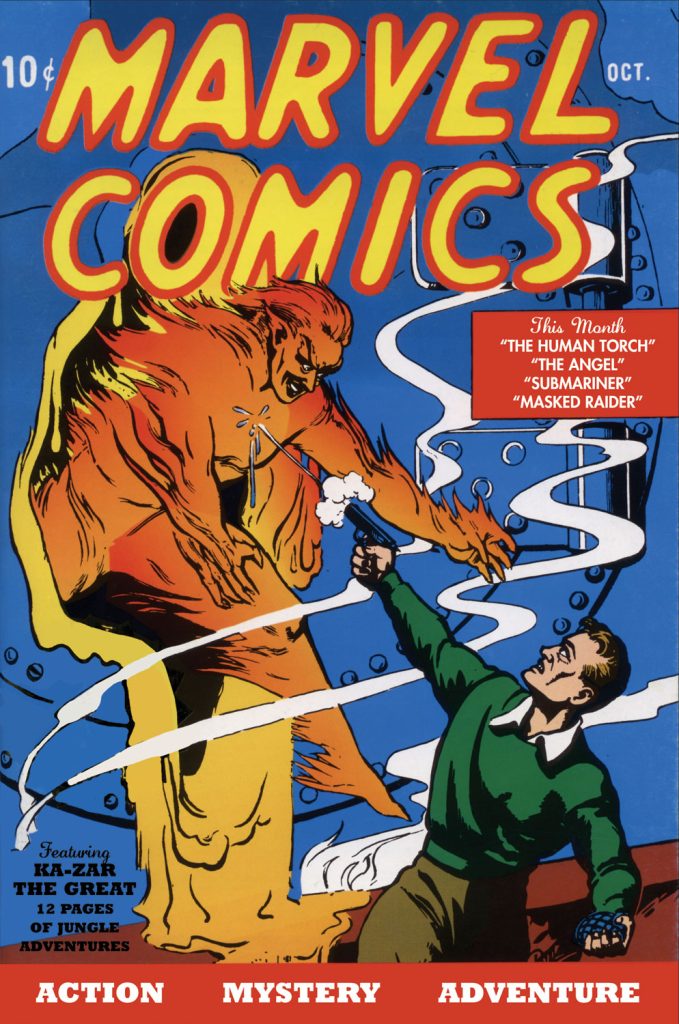
https://share.google/images/140jxXMwVfAtq6roc
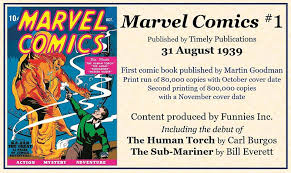
Marvel started in 1939 as a comic book publisher. Its early heroes like Captain America and Spider-Man became symbols of hope and courage. Over time, Marvel grew far beyond comics—it became a multimedia empire that includes movies, television shows, games, theme parks, and toys (Hesmondhalgh, 2013). This transformation shows how cultural creativity can turn into a large-scale business—a clear case of the culture industry in action.
The Marvel Cinematic Universe (MCU)
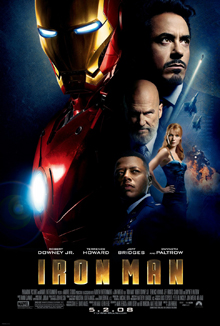
The MCU is not only about storytelling; it is also about strategic production and marketing. Every film fits into a long-term plan that includes sequels, spin-offs, and streaming series (Scott, 2017). Each new release is supported by advertising, social-media campaigns, and fan events. In this way, Marvel controls both the creation and consumption of its products, which reflects Adorno and Horkheimer’s idea of culture being industrially organized (Adorno & Horkheimer, 2002).
Beyond Movies: Selling the Marvel Experience
Marvel doesn’t just make money from movies—it has built a whole ecosystem of products and experiences. You can find Marvel in toys, clothing, video games, collectibles, and even theme-park rides (Disney, 2024). Disney, which owns Marvel, has turned it into a global brand that connects across many kinds of media, a process sometimes called media convergence (Johnson & Gray, 2013). This helps Marvel reach nearly every part of popular culture.
When people buy a ticket, a toy, or a streaming subscription, they are not only paying for entertainment—they are supporting a system that produces and sells culture (Storey, 2018). This shows how entertainment becomes business, and how audiences become consumers in the cultural marketplace (Hesmondhalgh, 2013).
The Power and Influence of Marvel
Marvel’s success shows how the culture industry shapes the way we experience stories and heroes. The company uses creativity, technology, and marketing to produce emotional and commercial value (Burke, 2015). People feel inspired by Marvel heroes, but they are also part of a global consumer cycle.
In the end, Marvel is more than just a studio that makes superhero movies—it is a powerful example of how culture, creativity, and capitalism work together, turning imagination into industry and storytelling into a worldwide business (Tryon, 2013).
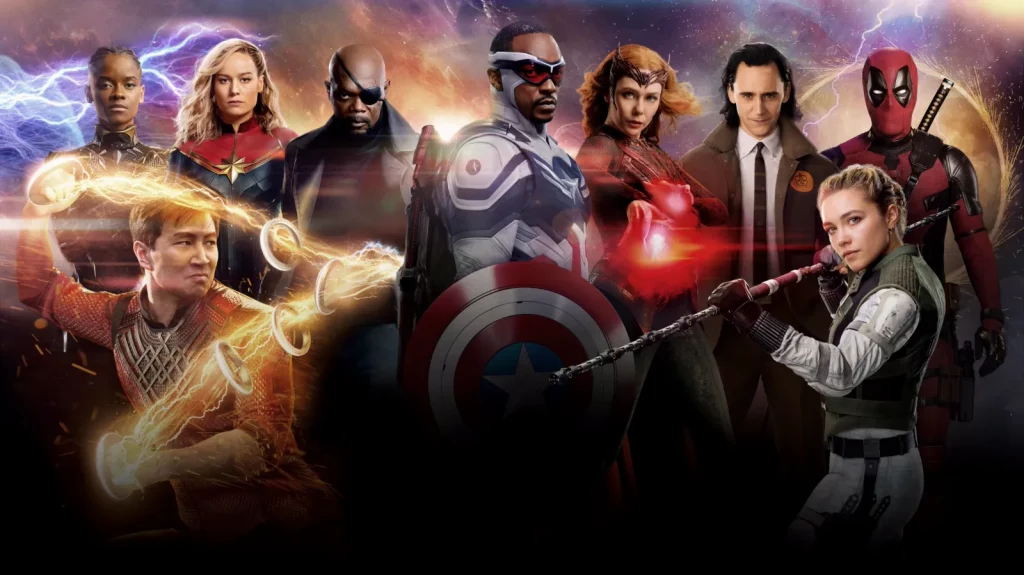
References
Adorno, T. W., & Horkheimer, M. (2002). Dialectic of enlightenment: Philosophical fragments (E. Jephcott, Trans.). Stanford University Press. (Original work published 1944)
Burke, L. (2015). The Marvel Cinematic Universe: The intertextuality of blockbuster film franchises. Participations: Journal of Audience & Reception Studies, 12(2), 292–310.
https://www.participations.org/
Disney. (2024). Annual report 2024. The Walt Disney Company.
https://thewaltdisneycompany.com/investor-relations/
Hesmondhalgh, D. (2013). The cultural industries (3rd ed.). Sage Publications.
Johnson, D. (2012). Cinematic destiny: Marvel Studios and the trade stories of industrial convergence. Cinema Journal, 52(1), 1–24.
https://doi.org/10.1353/cj.2012.0072
Johnson, D., & Gray, J. (2013). Television studies: The key concepts. Routledge.
Marvel Entertainment. (n.d.). Official Marvel website. Retrieved October 19, 2025, from https://www.marvel.com
Scott, S. (2017). The marvelous money-making machine: Marvel Comics and the movies. Cinema Journal, 56(4), 145–152.
https://doi.org/10.1353/cj.2017.0043
Statista. (2025). Box office revenue of the Marvel Cinematic Universe worldwide. Statista Research Department.
https://www.statista.com/
Storey, J. (2018). Cultural theory and popular culture: An introduction (8th ed.). Routledge.
Tryon, C. (2013). On-demand culture: Digital delivery and the future of movies. Rutgers University Press.

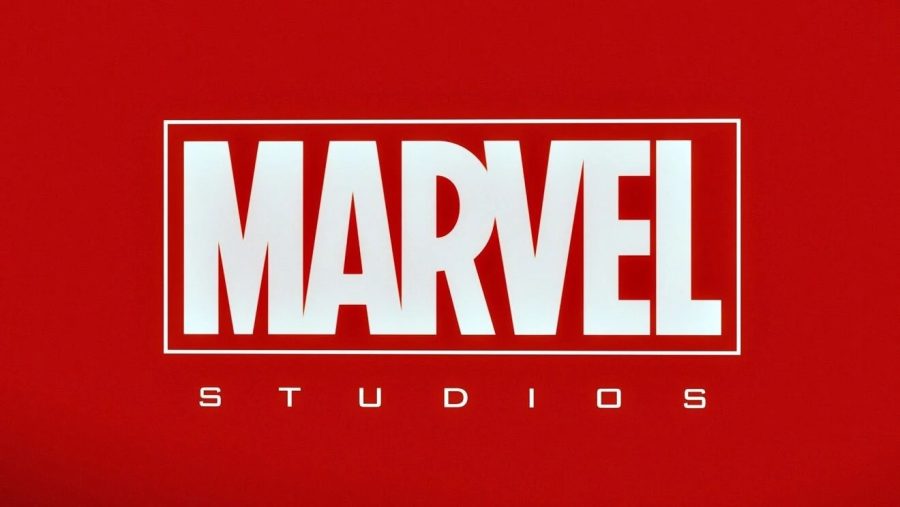
I really like how you used Marvel as an example to represent the Culture Industry, and I think they are a perfect example of it. As someone who’s in a Marvel-loving family, we surprisingly haven’t fallen for the merchandise part of it, but we will see every single movie put out. Marvel also makes its viewers who see the movies feel special by putting the after-credits scene in, adding to the whole anticipation and wanting you to see more aspects. It’s like once you’re there, you’re already locked in. Marvel basically puts out the same thing over and over, yet somehow is still an iconic part of pop culture and capitalism. My favorite superhero, though, is Batman.
Hi, Zilin. It was really interesting to read about Marvel being one of the best examples of representation of the cultural industry. As someone really familiar with the Marvel universe, it’s really exciting to read about it from different perspectives. It’s really fascinating to see how the culture industry theory is applied and discussed in different aspects of the entire business. At the same time is also really sad and disappointing to realize how the culture industry kills the art and talent in order to produce something with the aim of gaining as much money as possible, and if we think about it in depth, we can actually see that most of the things produced in pop culture follow the same purpose, maybe that’s the reason why we see same scenarious with different characters over and over.
I found your blog really engaging, you explain the ideas behind the Culture Industry in a way that feels approachable and relevant, especially when discussing how Marvel grew into such a dominant force in global entertainment. The way you connect media theory to the rise of the superhero franchise is clear and well structured, and your examples help show how commercial strategies shape the stories audiences receive. It makes the theoretical side much easier to understand. One area you might build on is the role of audiences and fan practices. Bringing in ideas from participatory culture, transmedia storytelling, or fandom studies could offer a more rounded picture of how viewers interact with Marvel beyond passive consumption. Considering how fans critique, reinterpret, or expand the universe might help show that commercial media can still spark creativity and alternative readings. Overall it is a thoughtful and well presented post.